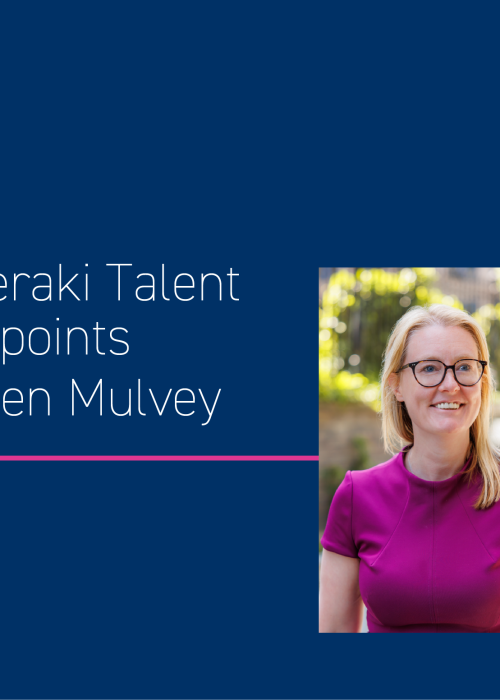
A Hiring Manager's Guide to Summer Recruitment
| 07/06/2024
In the UK, when summer is heating up, recruitment is slowing down. Yet, this doesn’t need to be the case. Hiring managers can miss the chance to hire great talent during this time. Plus, the summer months allow HR teams to fine-tune their recruitment strategies in preparation for the autumn. Here are ten reasons why summer is a great time to focus on recruitment.
Three Benefits of Early Planning
Planning and taking advantage of the unique advantages of summer hiring can enhance your talent acquisition process. Here’s why:
- Strategic workforce planning
Recruiting in the summer enables time for strategic workforce planning. It ensures that your team is staffed and prepared for the increased demands of the autumn season, preventing last-minute hiring scrambles.
- Reduced competition
Many companies slow down their recruitment in the summer months. This leads to less competition for skilled talent. This can provide a strategic advantage in attracting highly skilled professional candidates who might otherwise be headhunted or have multiple job offers in the autumn. With less competition for talent, candidates will be attending fewer interviews too.
- More time to evaluate
The summer lull enables time for a more thorough evaluation of candidates. With fewer urgent projects and deadlines, hiring managers and talent acquisition teams can take the time to assess each applicant’s fit for the role and the company culture.
Benefits of Summer Hiring
Here are seven reasons why employers should focus on their summer hiring.
- Stay ahead of your competition
Nowadays, companies have to market themselves to candidates. In a skills-short market and in areas such as tech, the best candidates could have multiple offers. Most companies do not do a lot of hiring during the summer. This is a great time to stay ahead of your competition and ensure you reach the candidates you need.
- Access to grads
Graduates entering the job market in the summer are keen to start their careers. Many may have holiday or contract jobs to see them through June and July, but many want to embark on their careers by the beginning of September. By recruiting during the summer, businesses can tap into this enthusiastic talent pool.
- Better work-life balance
Summer is synonymous with a relaxed work environment and flexible schedules. This can make your job openings more attractive, particularly to candidates seeking a better work-life balance.
- Easier for Candidates to attend interviews
With some companies adopting flexible summer working hours, such as early finishes, it can be easier for candidates to make time to attend interviews.
- The interview process can move faster
With many employees taking annual leave in July and August, those recruiting are likely to want time off too. Summer is a good time to speed up the hiring process for your benefit. Moreover, you can maximise the candidate’s time, as they will appreciate a fast-hiring process. A report by LinkedIn found that 47% of declined offers are due to companies taking too long to make decisions. You can demonstrate to your candidate that you not only want to recruit them but that you value their time.
- Better onboarding
Summer hiring gives new starters ample time to get into their roles before the busy autumn period. Training can take place while business is a little bit slower too. A smoother transition can lead to higher retention rates and a more productive team when work starts to pick up again in September.
Tip: Keep the job listing open for another week or two to give yourself a better chance of finding that perfect fit.
Why it is better to start now
On average, the hiring process takes around six weeks. If you've already spent six weeks waiting to advertise your role, your vacancy has been open for a quarter of the year. And in the fast-moving and competitive business world, that is a significant amount of time.
By using the summer months for recruitment, hiring managers can stay ahead of the curve, ensuring their teams are robust, well-prepared, and ready to tackle the Q4 challenges.
Remember, the early bird gets the worm, and in this case, the best talent!


